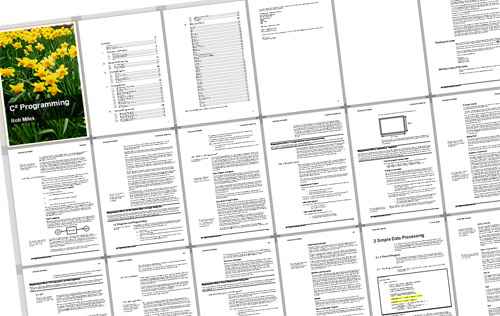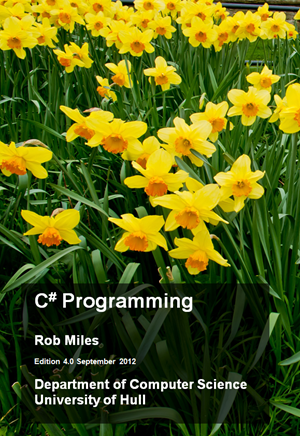I remember ages ago listening to a radio interview with two members of Abba. They were asked how they did their song writing. They said it was a bit like being someone hunting a bear. You just had to hang around outside the cave and wait for the bear to come out. A melody might appear at any time, you just had to be ready for it. For them I think this meant sitting in the studio fiddling with this and that, waiting for the tune to turn up.
I think that writing is a bit like that too. I’ve just had quite a nice idea for an example program for the book I’m writing at the moment (gosh - that sounds pretentious - but it’s true). I’ve no clue where it came from, just I’ve spent the whole day putting down bits and bobs and this idea just popped up, mostly fully formed.
The weird, backwards nature of blog reading, where you’re reading episodes successively further into the past, means that you’ll probably see the idea before you discover where it came from, but I’m OK with that. Just remember not to stress if you can’t come up with an idea for something. Just fiddle with things around the issue for a while and, with a bit of luck, something will pop into your head...














